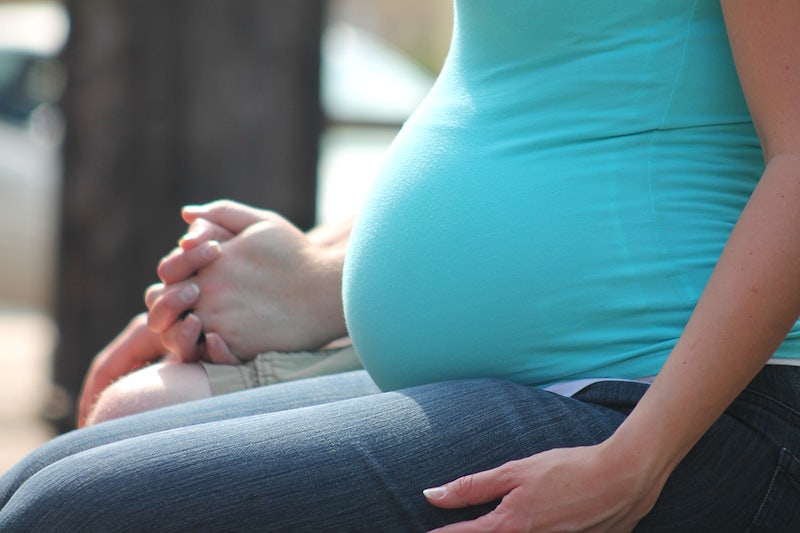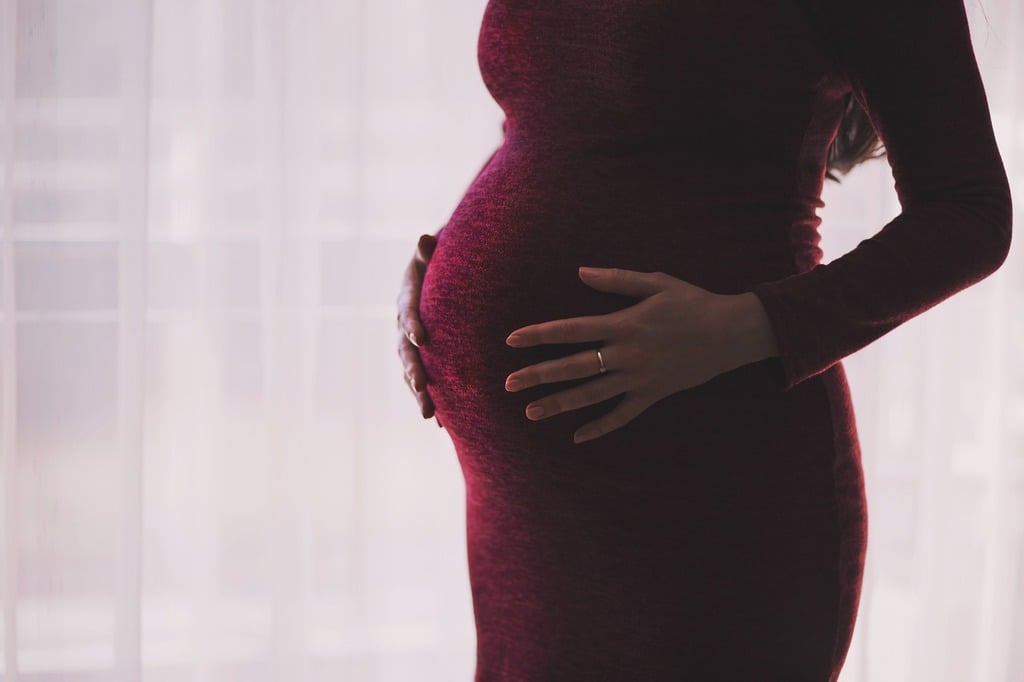Hey there, mama-to-be! Let’s talk about something super important: depression during pregnancy. It’s a topic that’s close to my heart, and I want to share some insights, tips, and personal stories that might help you navigate this challenging time.
Understanding Depression During Pregnancy
First things first: What is depression during pregnancy?
Depression during pregnancy isn’t just about feeling sad or down occasionally. It’s a clinical condition that affects your thoughts, actions, sleep patterns, and eating habits. Imagine you’re on an emotional rollercoaster that you didn’t sign up for – that’s prenatal depression. It’s more than a low mood; it’s a serious condition that can impact both your mental and physical health.
When I was expecting my first child, I thought I was just dealing with normal pregnancy blues. But the constant crying spells, irritability, and overwhelming anxiety were signs that something deeper was going on. Recognizing these symptoms early can make a huge difference.
Causes of Depression While Pregnant
So, why does this happen? Here are a few key factors:
Historical Factors
- History of Depression: If you’ve had bouts of depression during your childhood or early adulthood, you’re more susceptible.
Hormonal and Psychological Changes
- Hormonal Shifts: Pregnancy hormones can be a wild ride. These shifts can affect your mood significantly.
- Psychological Adjustments: The anticipation, the anxiety, the never-ending thoughts about the future – it’s a lot to handle!
Physical Changes
- Body Changes: Weight gain, changes in sleep, and eating patterns can all contribute to how you feel emotionally.
Risk Factors for Depression During Pregnancy

Some women are more at risk than others. Here’s what can increase your chances:
- Past Depression: A history of depression in the past can be a red flag.
- History of Trauma or Abuse: Previous trauma can resurface during this vulnerable time.
- Lack of Support: An absent partner or lack of emotional support can make things harder.
- Unplanned Pregnancy: Surprise! An unplanned pregnancy can be a significant stressor.
- Marital Problems: Relationship issues can add to the emotional burden.
- Financial Worries: Concerns about money can escalate stress levels.
- Past Loss: Previous abortions or the loss of a child can weigh heavily on your mind.
When I found out I was pregnant with my second child, the stress of an unplanned pregnancy hit me hard. The financial worries and the strain on my relationship were overwhelming. But knowing these risk factors helped me seek support sooner.
Recognizing Symptoms of Depression During Pregnancy
How can you tell if you’re dealing with depression? Look out for these signs:
- Irritation or Agitation: Little things getting under your skin more than usual?
- Difficulty Concentrating: Can’t focus on anything, even your favorite TV show?
- Loss of Interest: Activities you used to love just don’t appeal anymore.
- Persistent Sadness: Feeling sad and crying without a clear reason.
- Lack of Energy: No motivation to get out of bed, let alone tackle daily tasks.
- Feelings of Worthlessness: Questioning your value and feeling inadequate.
- Sleep Issues: Either sleeping too much or not being able to sleep at all.
- Overwhelming Anxiety: Constantly feeling anxious without a specific cause.
I remember sitting in my car, too exhausted to even turn the key. I felt worthless and alone. If you’re experiencing these symptoms, it’s crucial to seek help.

Complications Associated with Depression During Pregnancy
Depression during pregnancy can lead to several complications:
- Pre-eclampsia: High blood pressure during pregnancy.
- Vomiting and Nausea: More severe than the typical morning sickness.
- Postpartum Depression: Depression can continue after the baby is born.
- Premature Birth: Increased risk of delivering the baby early.
- Low Birth Weight: Babies might be born with a lower weight than normal.
Impact of Prenatal Depression on the Baby
Can prenatal depression harm your baby? Unfortunately, yes. It can cause:
- Premature Birth: Babies might arrive earlier than expected.
- Low Birth Weight: Babies can be smaller and might need extra care.
- Increased Irritability: Babies can be more irritable and cranky.
I was terrified when my doctor mentioned the risk of premature birth. It was a wake-up call that I needed to take my mental health seriously.
Safe Treatment Options for Prenatal Depression
Now, let’s talk solutions. How can you manage depression during pregnancy safely?
Medications
Only your doctor can prescribe antidepressants that are safe for you and your baby. They’ll consider the severity of your symptoms and any other medications you’re taking.
Natural Treatments
Light Therapy Exposure to sunlight at specific times of the day can help eliminate symptoms of depression. It’s like giving your mood a natural boost.
Exercise Regular physical activity can work wonders. Even a simple walk can lift your spirits and improve your physical health.
Diet A diet rich in omega-3 fatty acids, such as those found in fish and walnuts, can help boost your mood. It’s a small change that can make a big difference.
Preventive Measures and Coping Strategies
Early Detection and Consultation
Early detection is key. Speak to your doctor at the earliest signs of depression. They can help you develop a treatment plan that’s right for you.
Building a Strong Support System
Surround yourself with supportive family and friends. Don’t hesitate to lean on them for help. Sharing your feelings can lighten your emotional load.
Stress Management Techniques
Practice relaxation techniques like deep breathing, meditation, or prenatal yoga. These can help manage stress and improve your mood.
Preparing for Challenges
Expecting challenges and preparing for them can make a huge difference. Work with your healthcare provider to develop a plan for potential issues.
Conclusion
Dealing with depression during pregnancy can be tough, but remember, you’re not alone. Seeking help, using proven strategies, and taking care of your mental health are crucial steps for both you and your baby’s well-being.
If you found these tips helpful, make sure to consult with your doctor for personalized advice. And remember, taking care of yourself is the best gift you can give to your baby.



